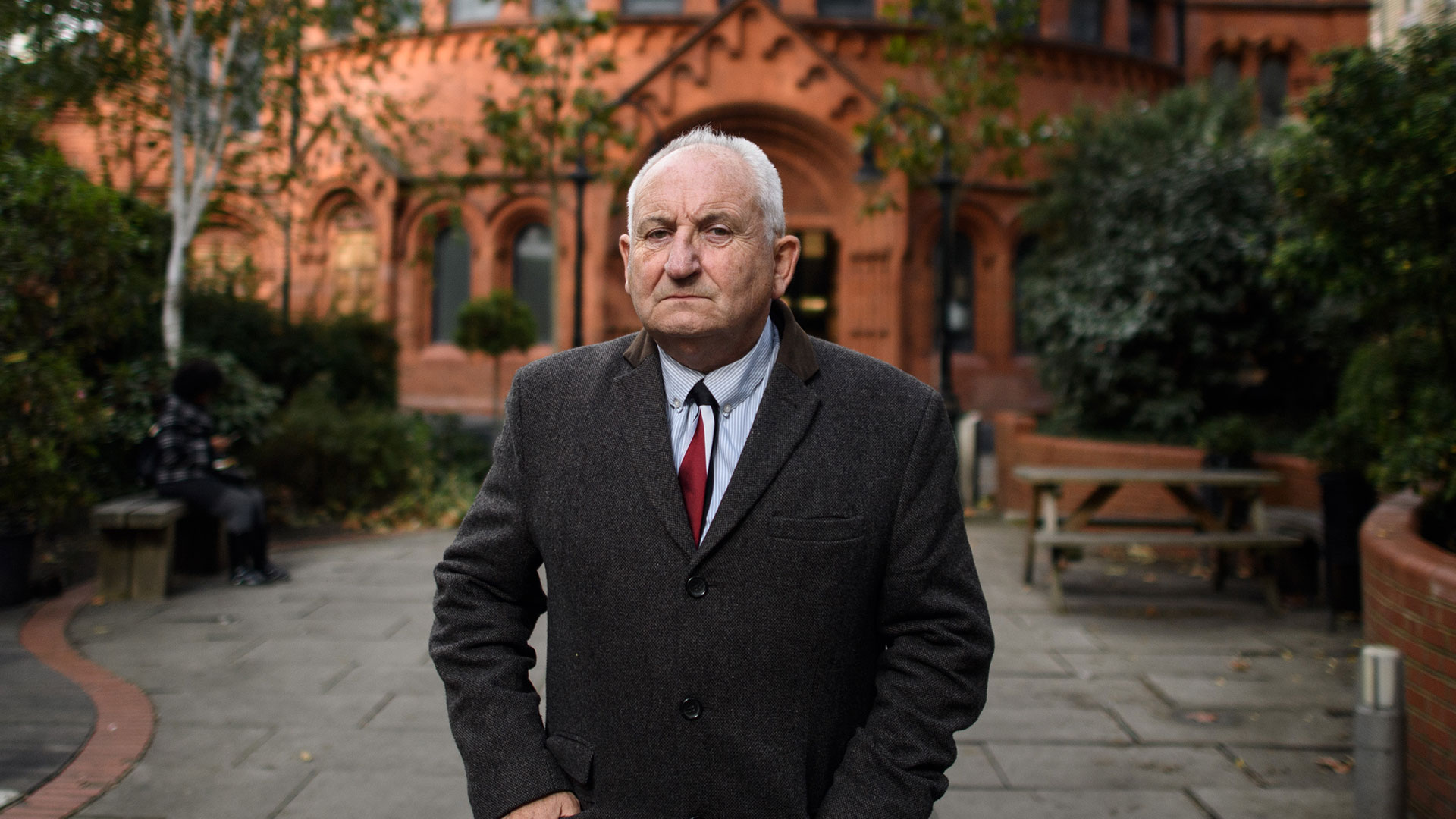But whether you are for or against, one thing you must realise is that the whole process is an economic process before it is anything else. Immigration policies are relaxed or strict depending on economic forces at play in the marketplace. The free movement of labour may have brought us dependants, and there are in certain areas of the UK evidence of negative-effect immigration. But at the same time the free movement brought us people who enhanced the economy, enabled wealth to increase, and aided the creation of jobs for UK residents.
Immigration policies are relaxed or strict depending on economic forces at play in the marketplace
Last week I stayed in a London hotel where not one native English person was to be found. A Pole checked me in, Portuguese and Polish staff rushed round making and serving breakfast. And a German or Austrian woman ended the stay by checking me out and discussing the 10 per cent discount I get if I book direct next time. Rather than via the US-based website.
But there has been the opposite: people coming into the country who are distressed before they arrive. Who are bringing their wretchedness with them. And often bringing problems that come with poverty.
They do not bring economic prosperity. They do not get involved in the increase of the UK’s wealth. They are a cost to the country and to the economy. And in certain areas they put enormous pressure on what is already a pressured community.
It is interesting that Brexit support was most formidable in areas where there was the greatest need. Areas, some of whom had received grants from Europe that not in a month of Sundays would they have got from central government without a revolution.
In the Referendum you either referred to one or to the other. You either arranged your stats and facts and anecdotes to prove it was egregious to allow so many people in; or it was a boon to have such a flood of pound-creating strivers.
Advertising helps fund Big Issue’s mission to end poverty
Because you are not allowed to have a serious, analytical conversation about work, labour, poverty and immigration, due to the political sides it throws up, you can never talk about what’s good and what’s bad.
In order to avoid being cast a xenophobic racist, you never could discuss immigration in the last 50 years in the UK. You could never discuss the poverty and prosperity that come with it. You could only talk about benefits and never stress negatives.
In order to avoid being cast a xenophobic racist, you never could discuss immigration in the last 50 years in the UK
So you never could talk about ways of coping with the arrival of people into areas, often en masse, and what it meant to local people. So what was good and bad about immigration is never assessed. Is never audited. Is never accounted for.
Enoch Powell when minister of transport and then minister of health in the early ’50s visited the West Indies to seek hospital and transport workers because of the desperate shortage in these two nationalised industries. Desperate.
There was no way that the UK was going to get over the destruction of much of its prosperity due to war without a vast influx of labour from somewhere other than local. Engineering suffered the same shortages.
But in 1968 the very same Enoch Powell, having encouraged immigration the previous decade, was warning of rivers of blood flowing from having too many black people in the country.
Advertising helps fund Big Issue’s mission to end poverty
Powell put the kybosh on much subsequent discussion of what immigration did or did not do to the economy and to the country. At the time he made the speech I was working in a factory of 10,000 men building buses and trucks. A vast amount of the labour was from the West Indies, India, Ireland, with some of us locally born thrown in for good measure.
There would have been no British buses or trucks if it were not for the arrival 10 years before of immigrants.
But a scientific, methodical, measured take on immigration was never undertaken. It was all were you or were you not a racist.
And many complaints of the people who seemed to have been driven into prejudice over the new arrivals was that the people who decided who came in and who didn’t did not live with the effects of the arrival of lots of needy and poor people from other places.
No discussion, no preparation. No integration. Hence the ghettos and the separation that has had a bad and deleterious effect on the social cohesiveness of the UK.
I hope it is not too late to begin that discussion. For it sure is timely.
Advertising helps fund Big Issue’s mission to end poverty
John Bird is the Founder and Editor in Chief of The Big Issue. Email him: john.bird@bigissue.com or tweet: @johnbirdswords









